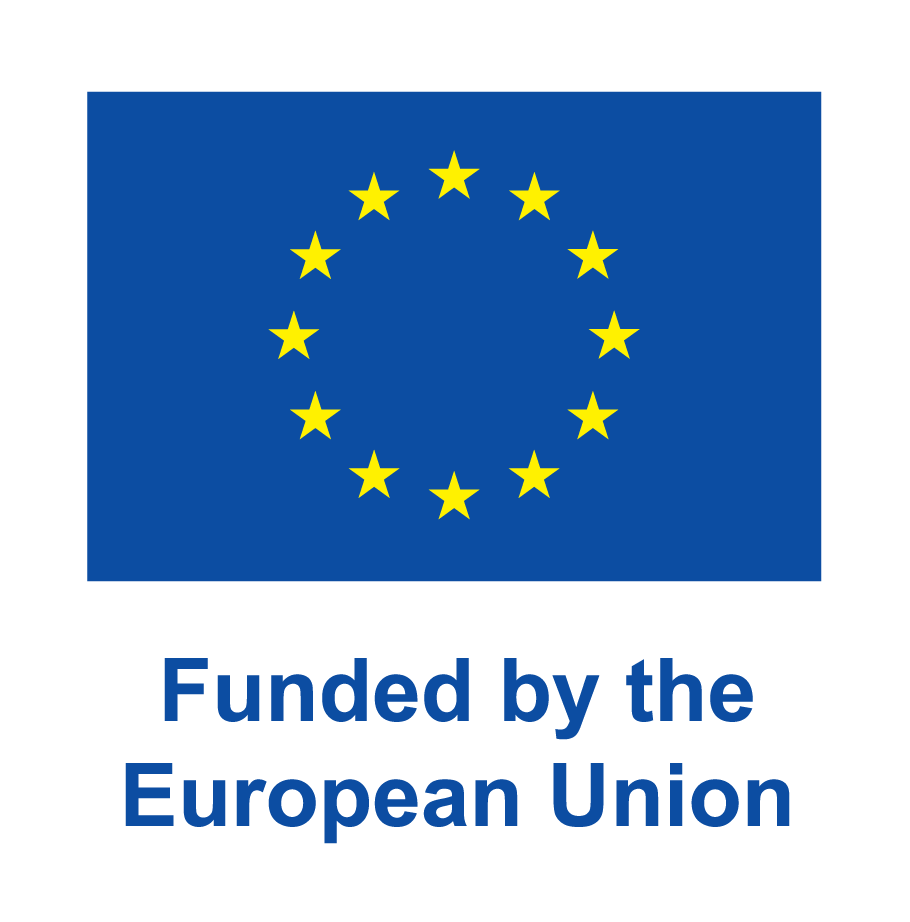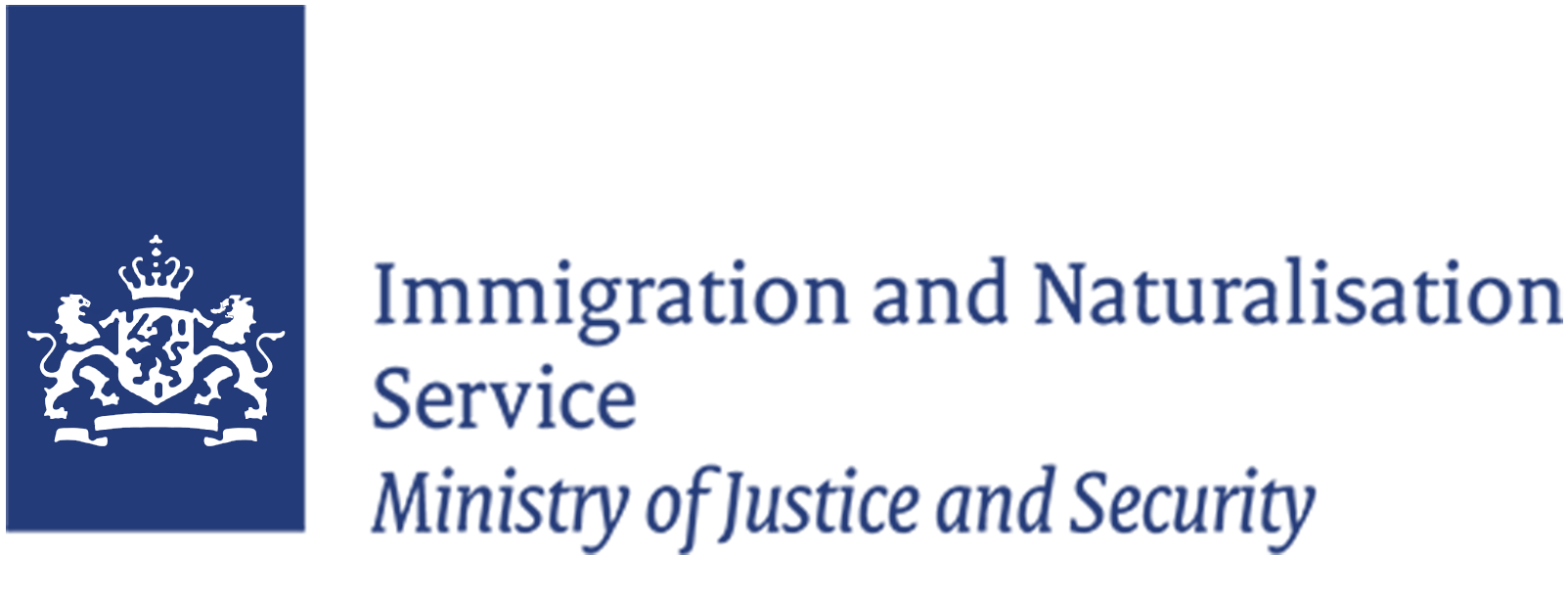Unaccompanied minors (UAMs) who have little perspective of receiving a residence permit may also have co-existing problems, such as substance use/addiction and/or mental health problems, and may travel between EU-countries. The Netherlands wanted to get insight into the experiences of other EU-countries regarding the reception and supervision of this specific group of UAMs.
Ad-hoc query: unaccompanied minors with co-existing problems and without residence permit
The Dutch government is looking for ways to match the reception, guidance and care provided to this particular group of UAMs with co-existing problems to their specific needs. On request of the Ministry of Justice and Security, the Research and Documentation Centre (WODC) is conducting a broader inquiry into this group. Accordingly, in cooperation with the WODC, EMN Netherlands sent out research questions to the other EU Member States and Norway. The WODC will analyse the Member States’ responses as part of the WODC study ‘Unaccompanied Minors (UAMs) who travel between EU-countries’ and will publish the results before the summer of 2023.
Scope
The research questions set out by EMN Netherlands concern UAMs who have little perspective of receiving a residence permit after an asylum application or who do not apply for asylum at all and who have co-existing problems such as mental health issues, substance use/addiction, and/or pose behavioural problems inside or outside the accommodation facilities, and travel between EU-countries without residence permit. There are indications that they arrive with especially economic motives and/or come from safe countries of origin.
The group has the following additional characteristics:
- Some do not apply for asylum, however in the Netherlands they are sheltered together with those who did apply for asylum;
- Some present themselves as minors although they might be older than 18 years old (false minors);
- There are indications (e.g. from supervisors in the accommodation facilities), that they are particularly vulnerable as they struggle with co-existing problems, such as mental health issues and/or substance use/addiction;
- Some pose behavioural problems that cause incidents ranging from (serious) breaches of the rules of the accommodation facility, (seriously) violent behaviour ranging from verbal or non-verbal aggression and violence towards other residents or employees or (threatening with) self-destructive behaviour. Such incidents may also take place in the public sphere (e.g. in the form of theft in a supermarket or causing trouble in public transportation);
- There are worries of involvement in criminal networks and/or being exploited by these networks;
- Many disappear off the radar after staying a (relatively short) period in the accommodation facilities or shortly before they become 18 years old. Evidence shows that some move around in different EU-countries without a residence permit (nomadic UAMs).
Participating countries
23 EU Member States participated in the survey: Belgium (BE), Bulgaria (BG), Cyprus (CY), Germany (DE), Estonia (ES), Finland (FI) France (FR), Greece (EL), Hungary (HU), Italy (IT), Croatia (HR), Latvia (LV), Lithuania (LT), Luxembourg (LU), Malta (MT), Netherlands (NL), Austria (AT), Poland (PL), Slovenia (SI), Slovakia (SK), Spain (ES), Czech Republic (CZ), Sweden (SE).
Research questions
- Is your Member State confronted by the issue of UAMs who have little perspective of receiving a residence permit after an asylum application and/or who do not apply for asylum at all within the last three years?
- Do you have indications that this group of UAMs travel between EU-Member States without a residence permit?
- If yes, please indicate: which nationalities of UAMs this mostly concerns; why these UAMs arrive in your Member State and why they later leave your Member State for another; from which Member State these UAMs arrive and to which Member State they later leave; an indication of the size of this group and did this increase or decrease in the last three years.
- Has your Member State detected mental health issues, substance use/addiction, or behavioural problems among this group?
- Does your Member State provide specific guidance and care to UAMs with co-existing problems both inside and outside the asylum/migration/(child) protection system?
- Are there any indications in your Member State that the UAMs who travel between EU-Member States are involved in criminal networks (and possibly being exploited)?
Publication
- Compilation of full responses of EU-Member States: 'AHQ on guidance and well-being of unaccompanied minors with co-existing problems and without residence permit' (pdf), August 2022


